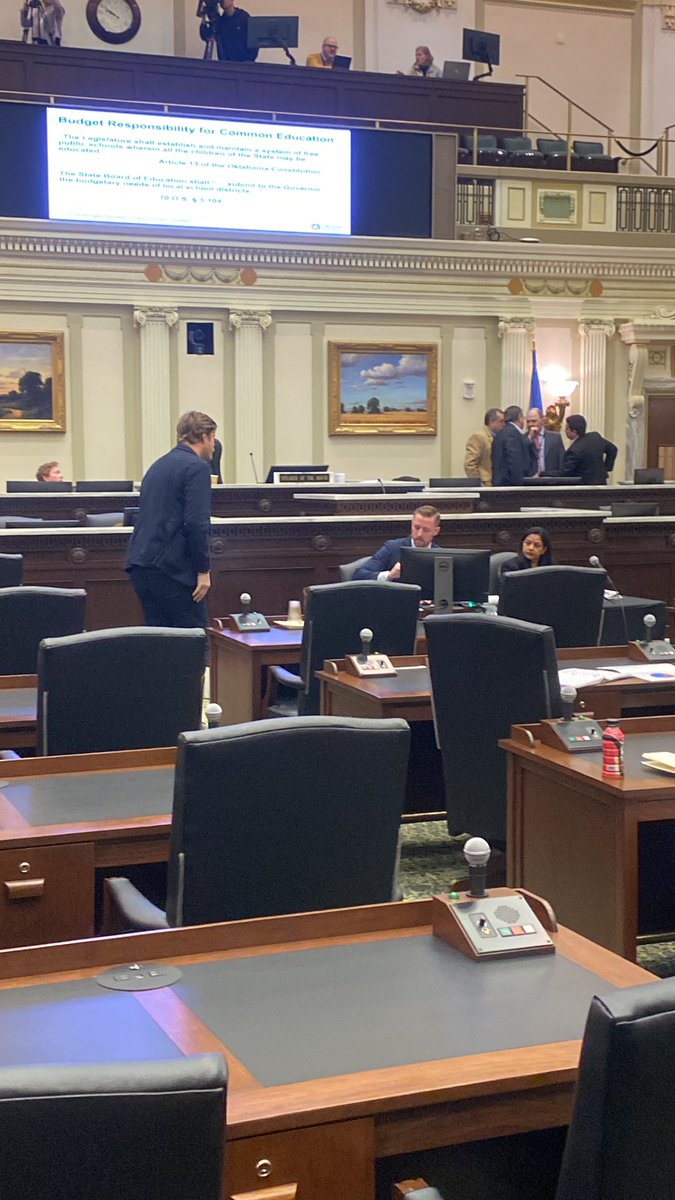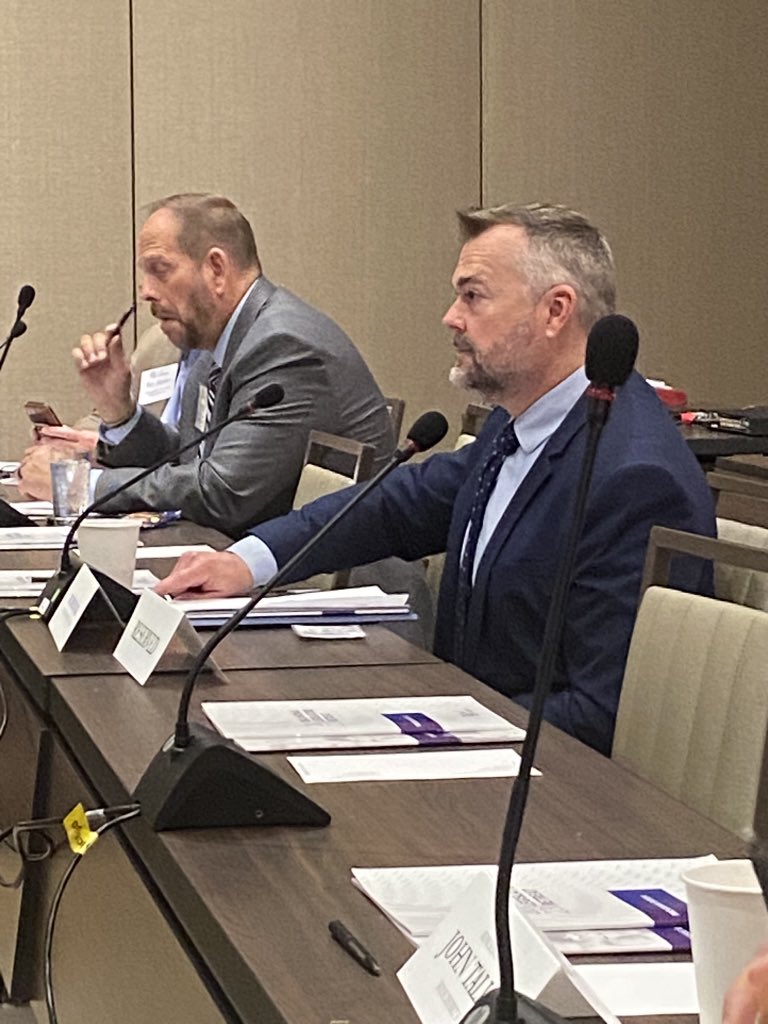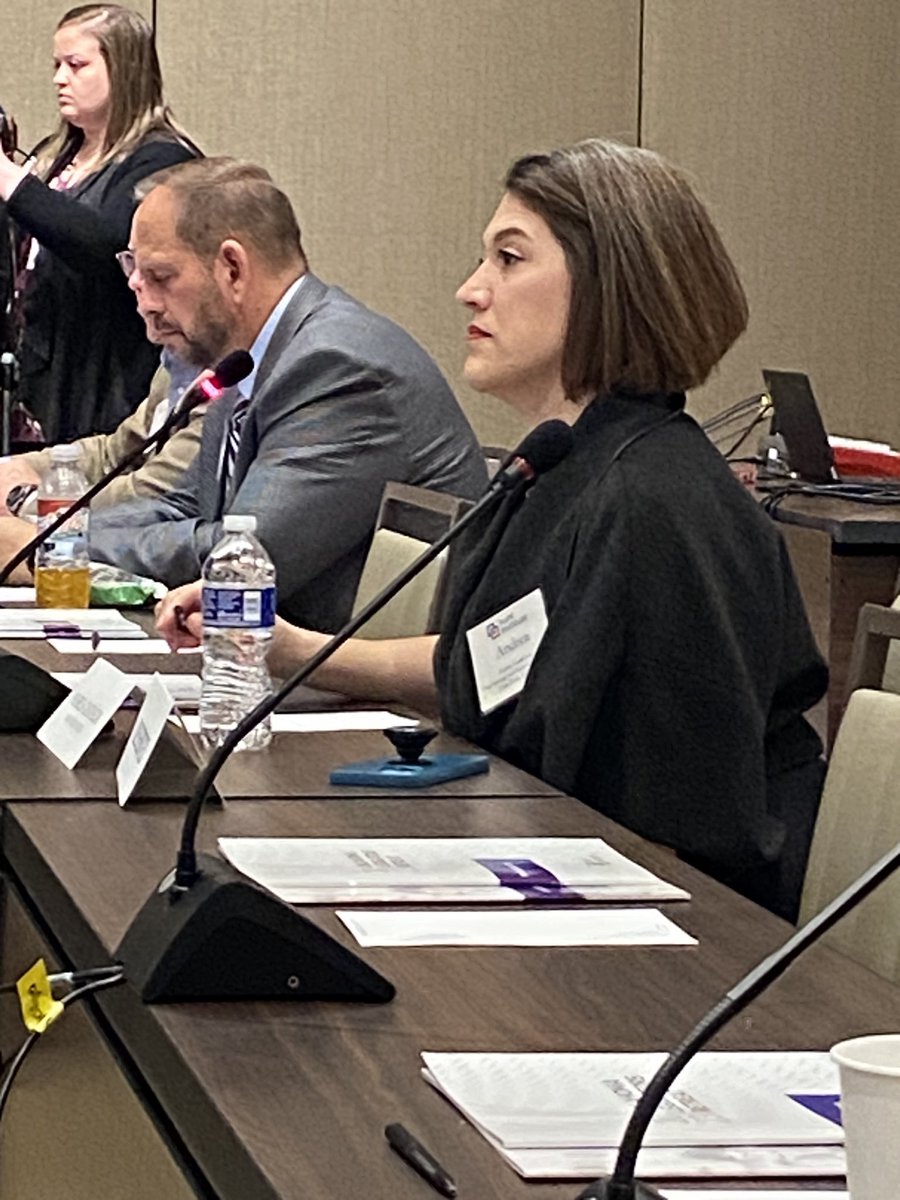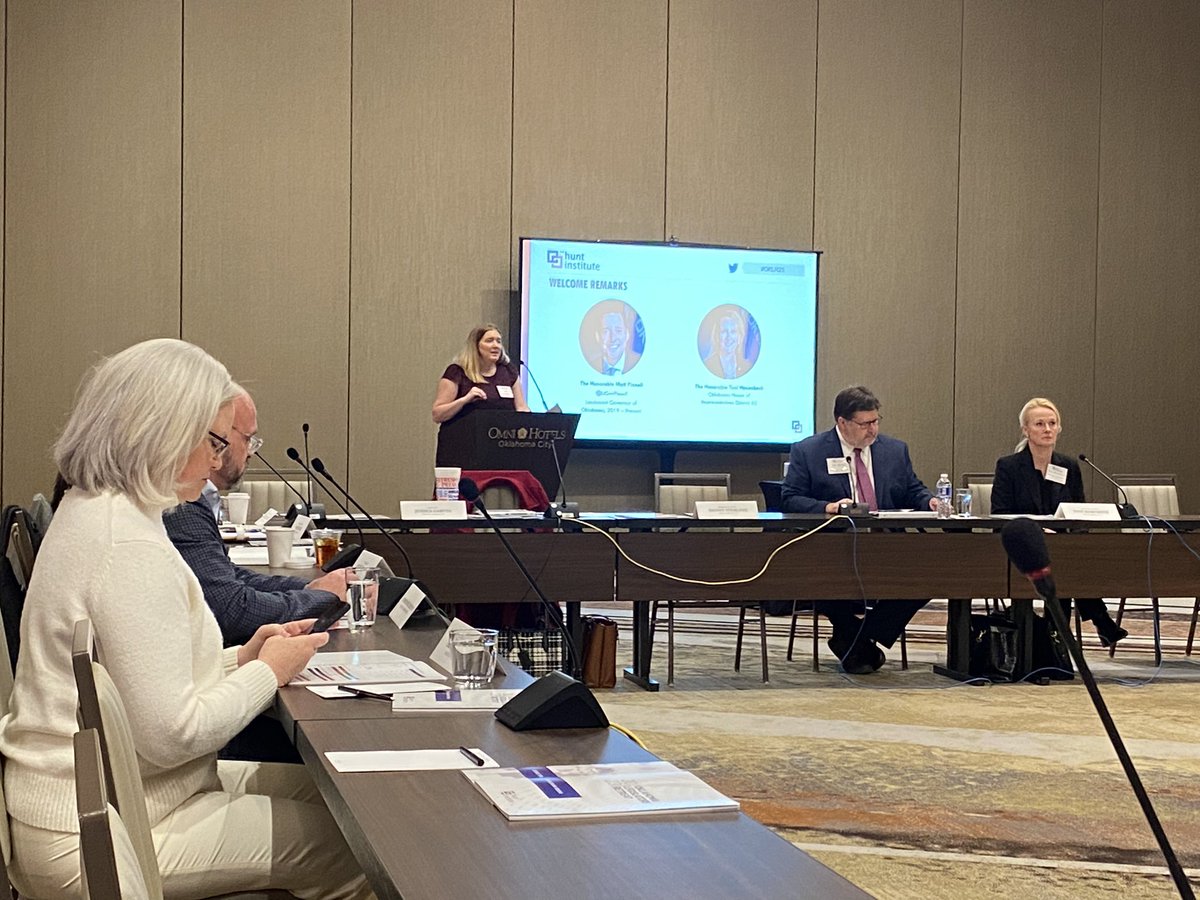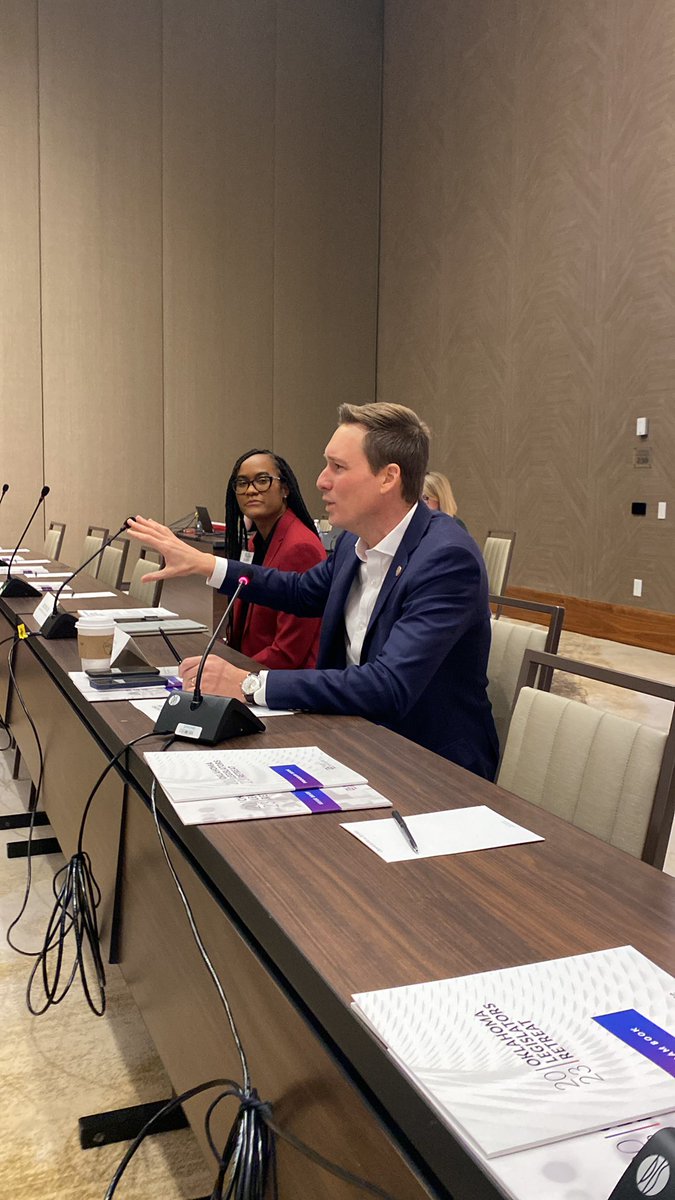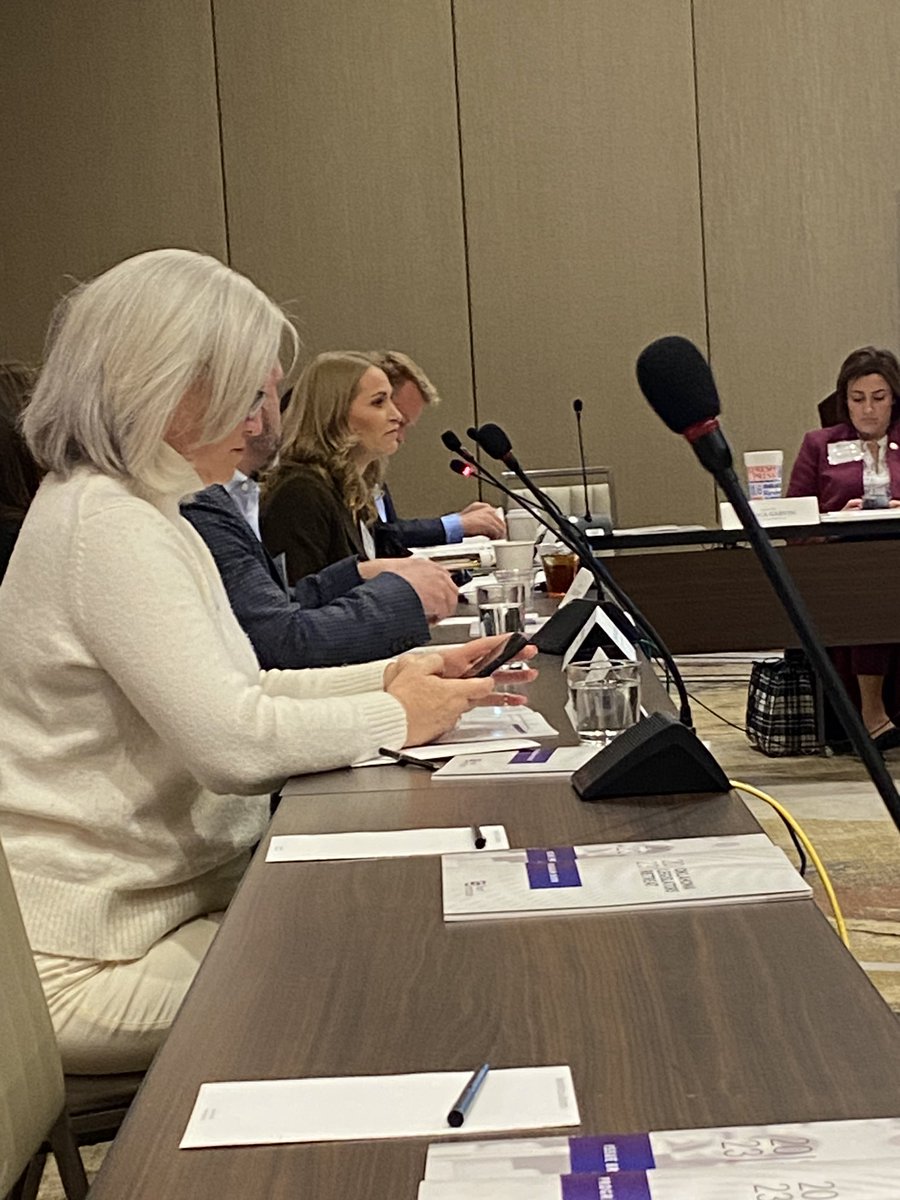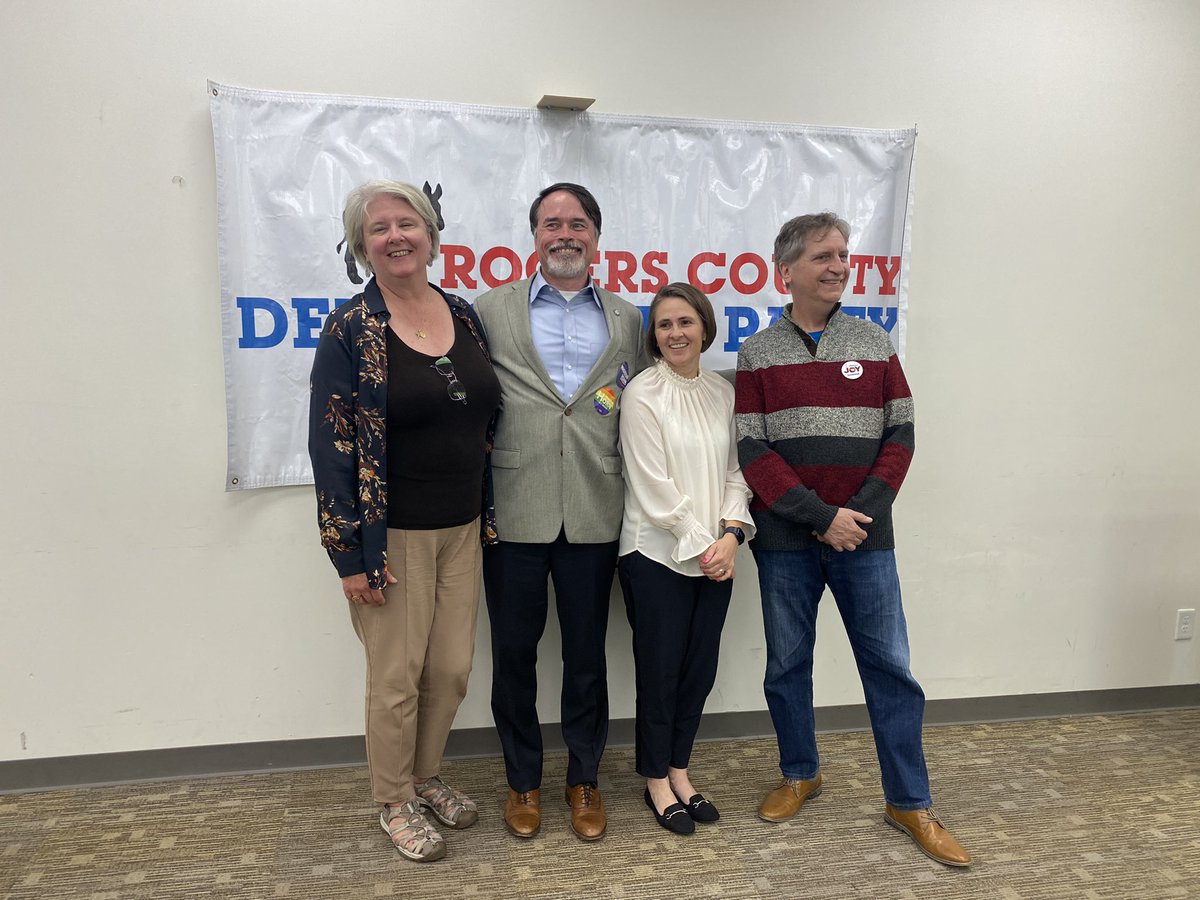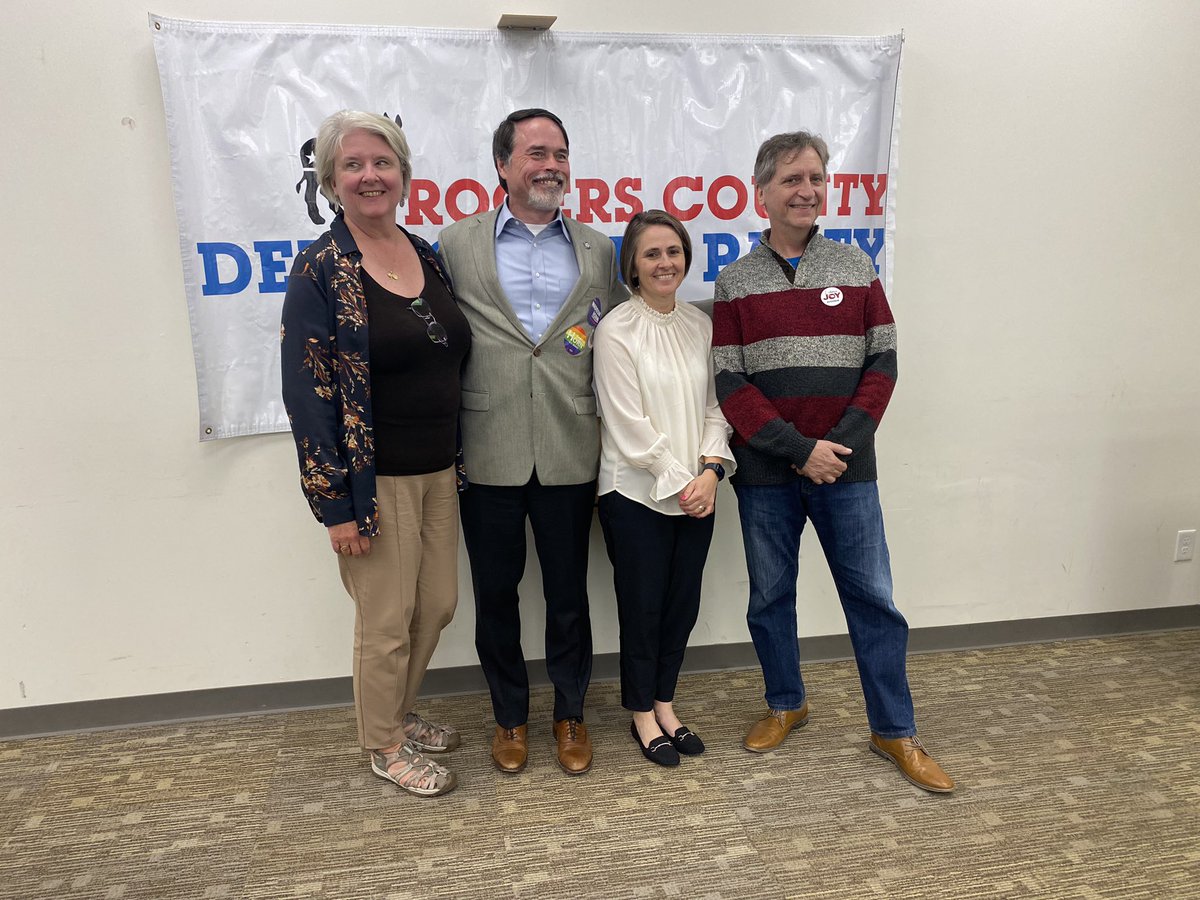
Watching State Superintendent Ryan Walters present this year’s education budget. He begins by pointing to shortcomings in Oklahoma education outcomes. /1 

I take objection to his claim, in his opening, that districts like TPS shut down during the pandemic. It’s inaccurate and ignores the Herculean efforts districts undertook to keep communities safe. /2
It’s a political speech, I think rather than a budget presentation. He doesn’t actually have a budget, instead bringing a flimsy 4 page gloss of state figures. /3 
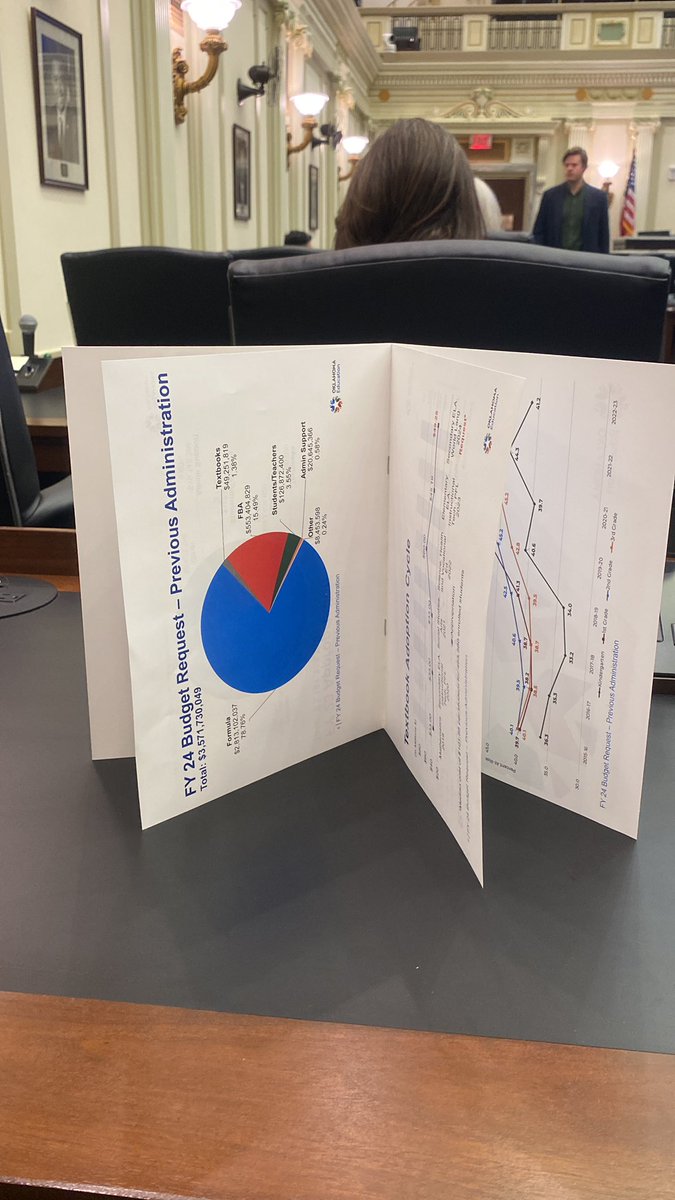
We learn today that he intends to present a new budget next week. A&B chairman Mark McBride remarks “I don’t know what’s the point” of us being here today. Ouch! /4 
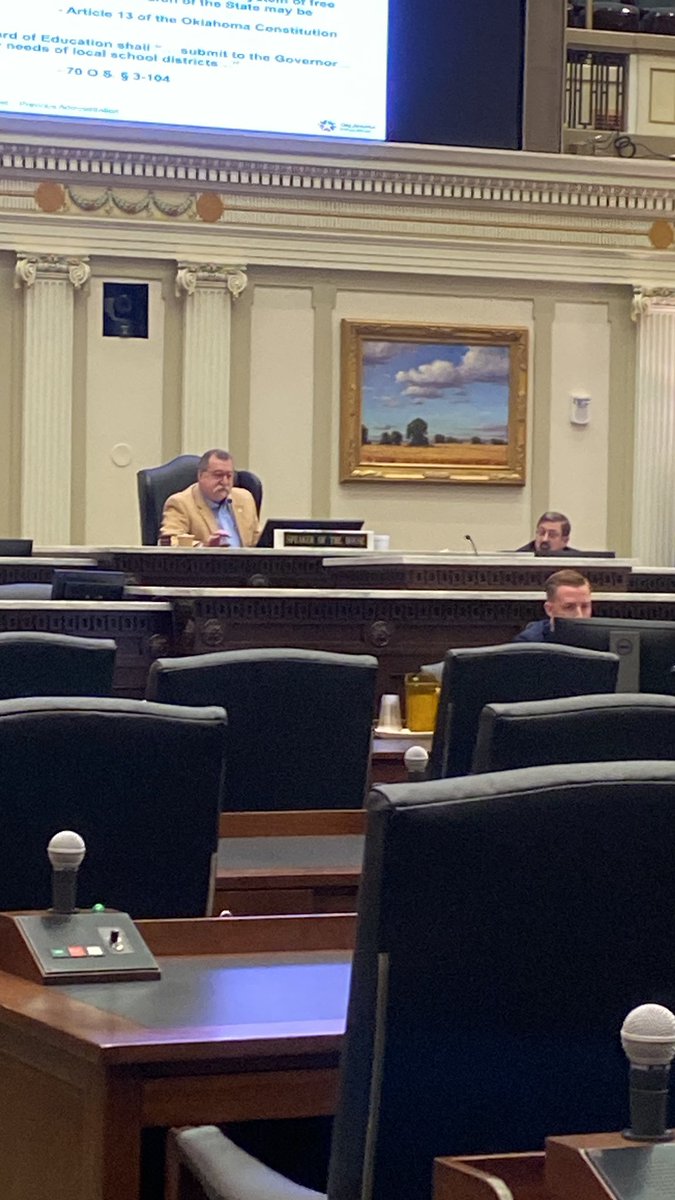
It’s an extraordinary moment. We as legislators are struggling to understand what we are doing today. /5 
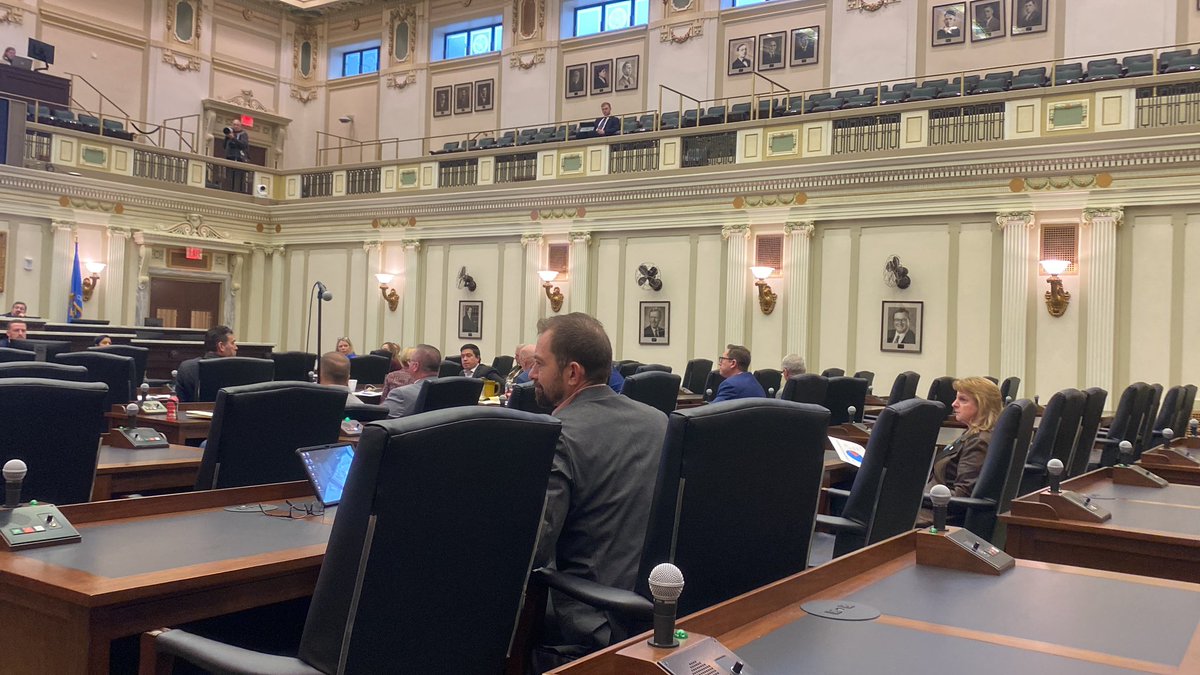
Rep. Fugate questions the statutory authority of the Superintendent to present a budget other than the one approved. /6 
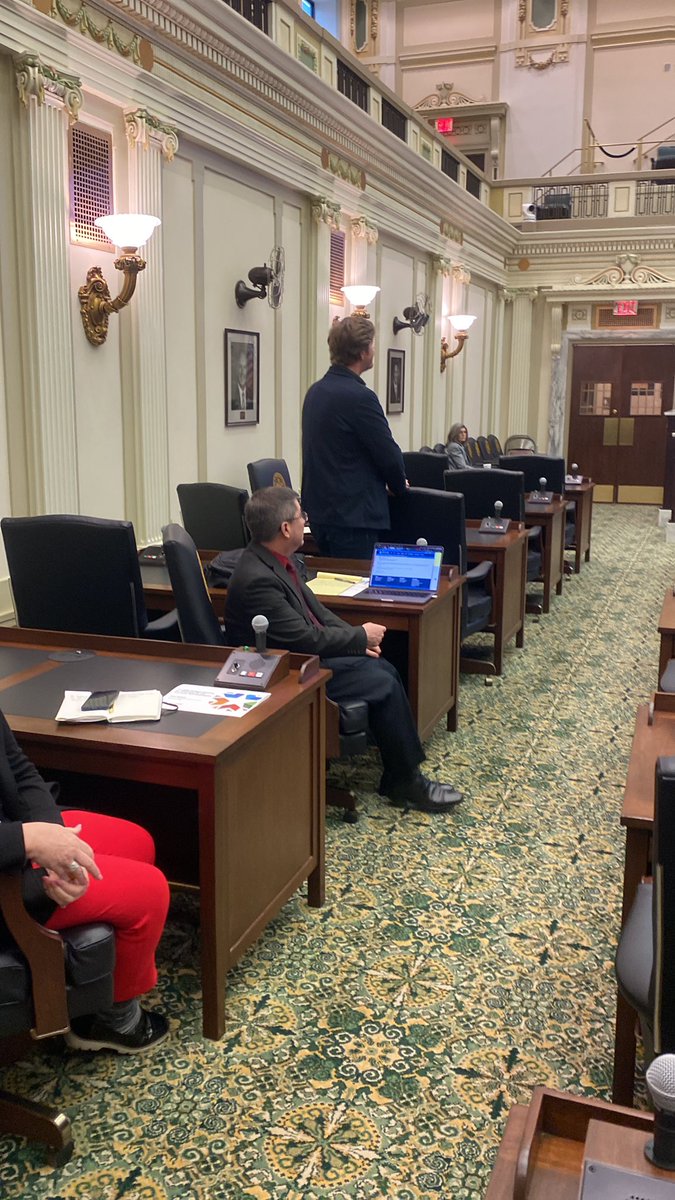
It’s a problem that we’re having this conversation now, in committee. The superintendent should have notified us of this in advance. House staff struggles to explain. /8 
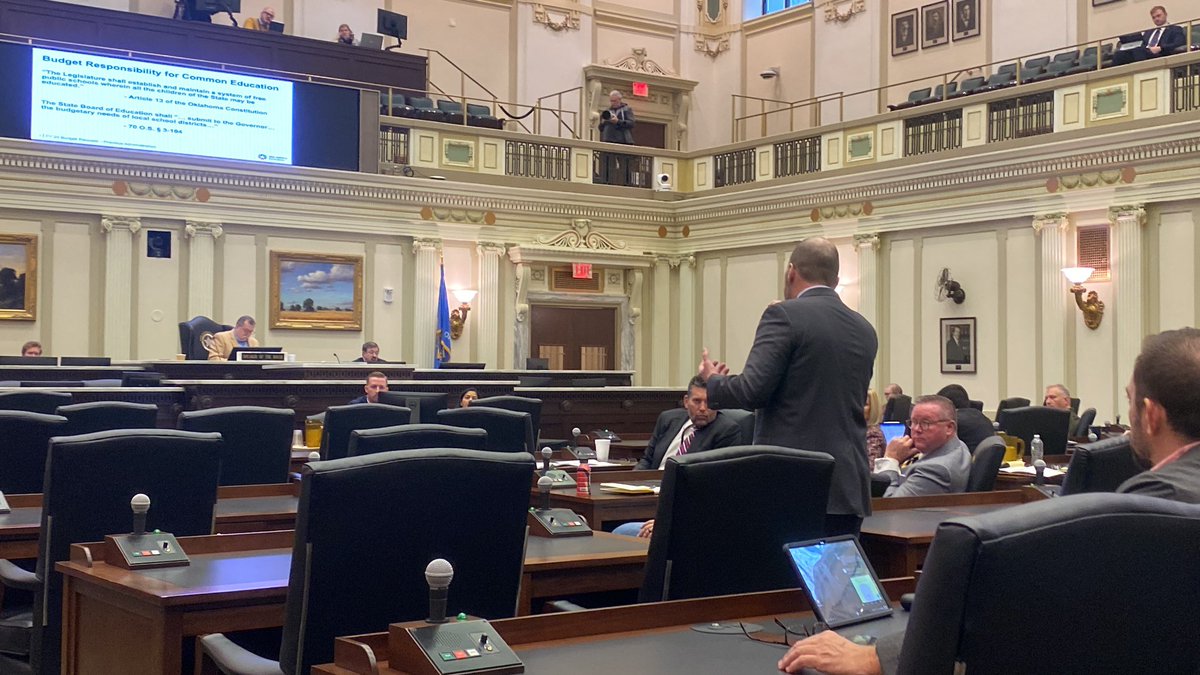
Before we convened, I asked Superintendent Walters if he was ready to “stop campaigning and stop governing.” It turned out to be a prescient question. /9 
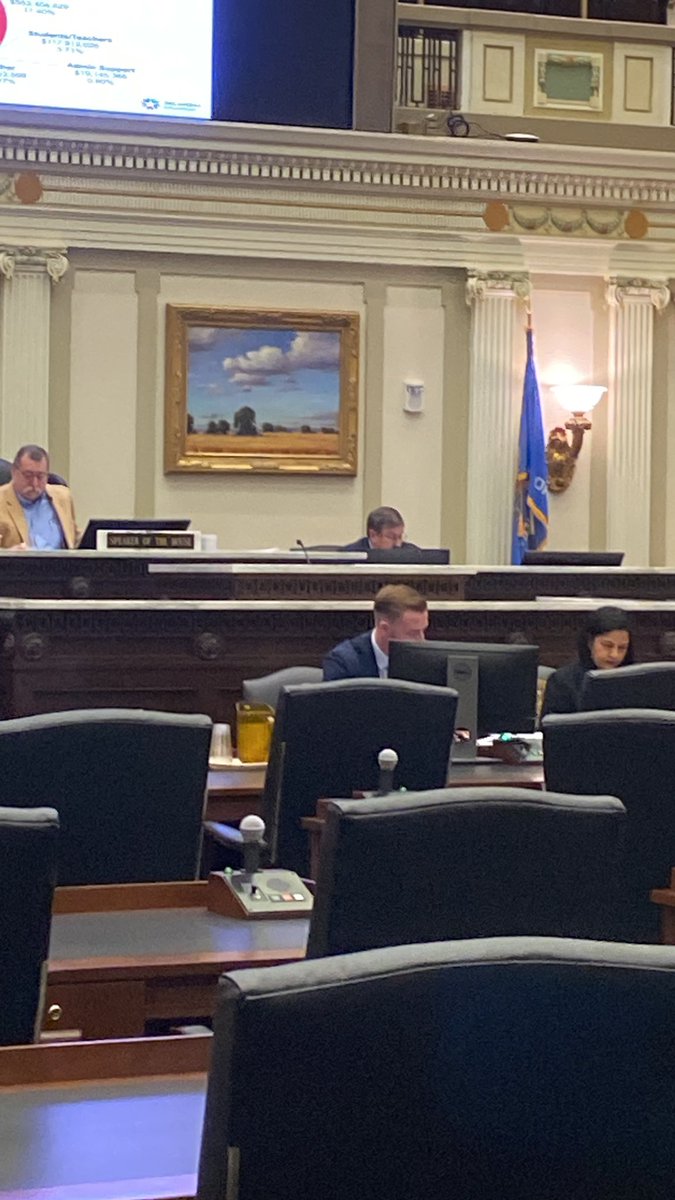
In another stunner, Chairman McBride questioned his authority to present a new budget next week. We may be in for a clash. /10 
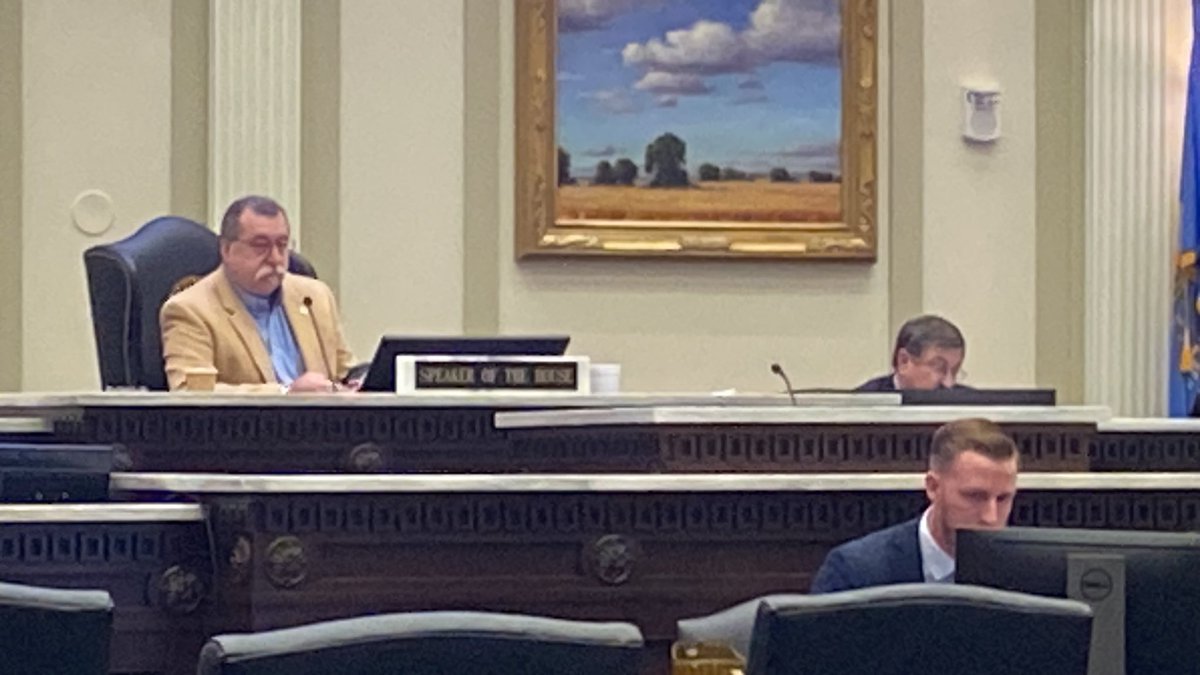
Superintendent Walters continues with a performance review, a basic explanation of his four page booklet. “This is some elementary shit” says one anonymous legislator. /11 
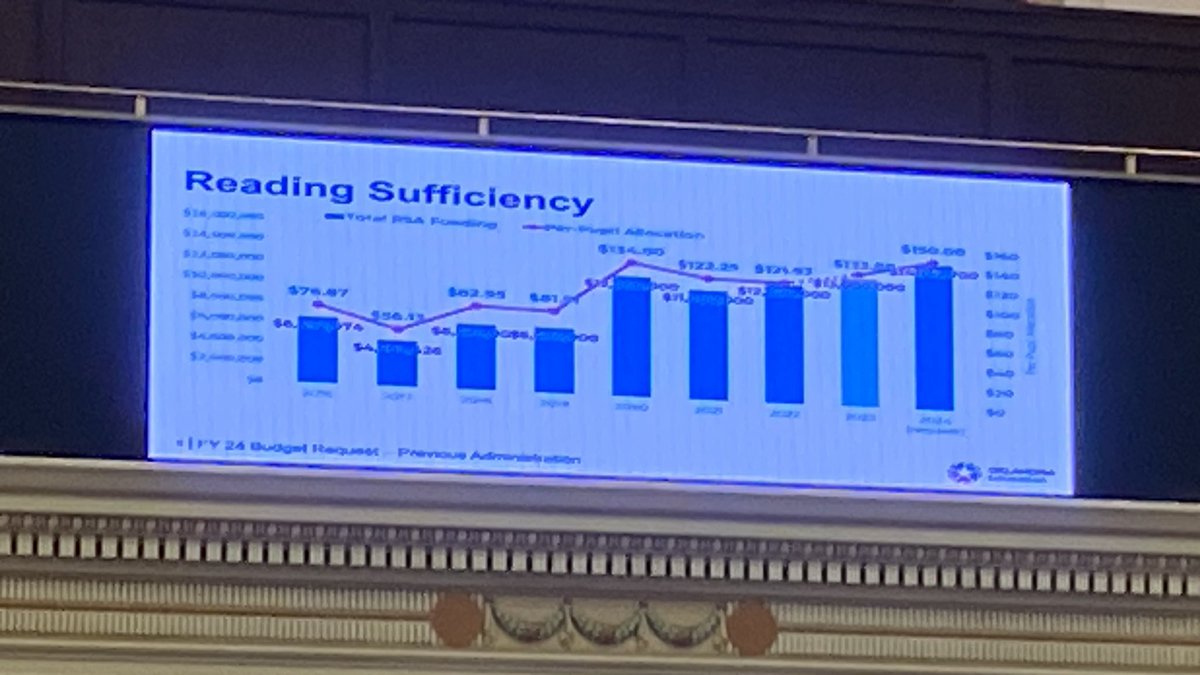
He continues his presentation, implying that teachers are untrained in the “science of reading,” which he seems to define narrowly. Chairman McBride cautions him for “getting in the weeds.” /12 
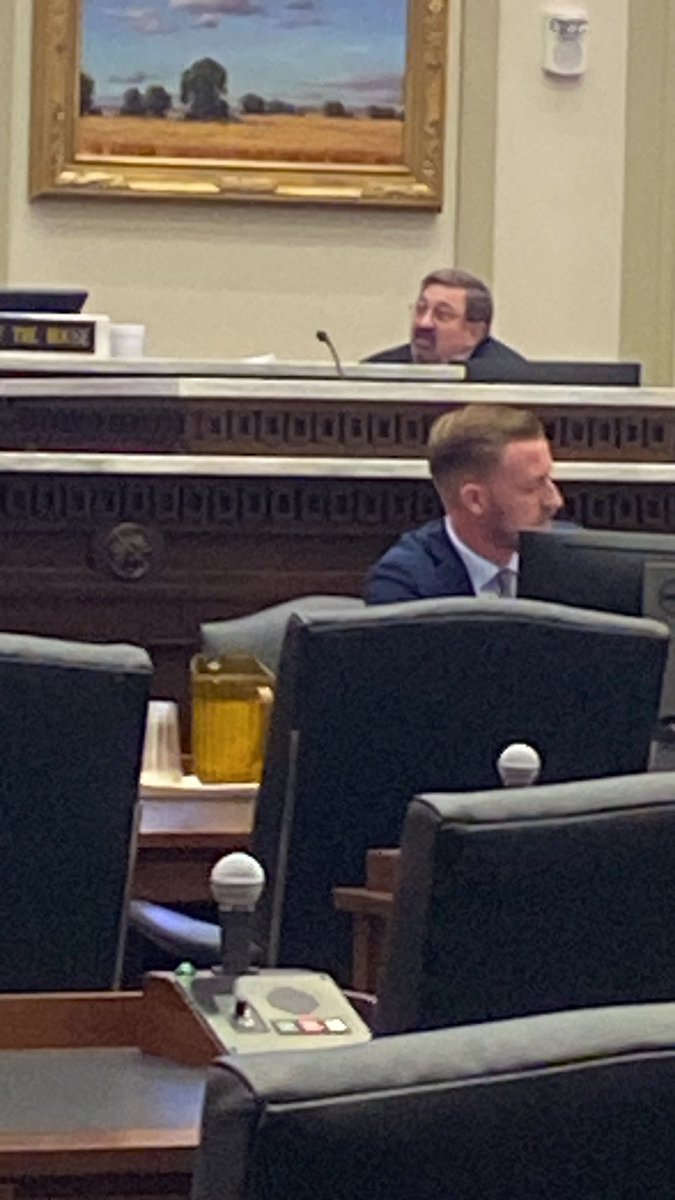
Superintendent Walters gets defensive as Chairman McBride tries to explain to him his job: present a budget (which he wouldn’t do) and review performance (which he can’t seem to do). It’s a bad sign for what’s ahead of us. /13 
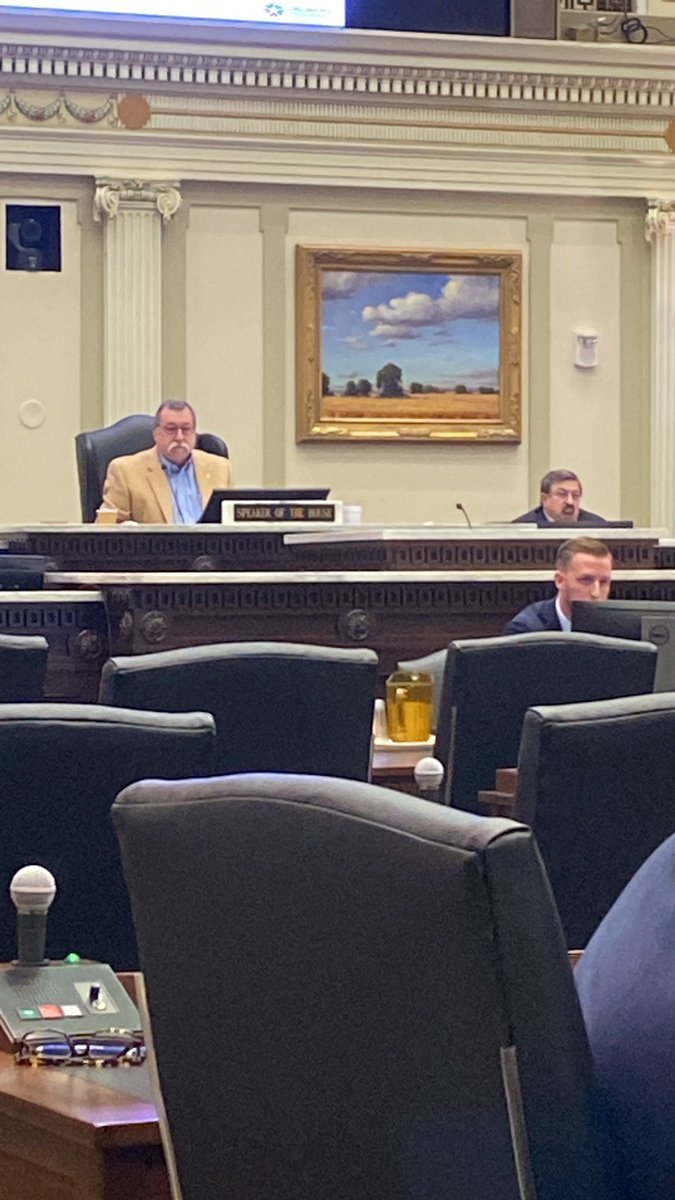
Rep. Baker asks about reading coaches. Superintendent Walters replies with a rhetorical about getting the best results. As a teacher, I would ask a student at this point to provide specifics. /14 
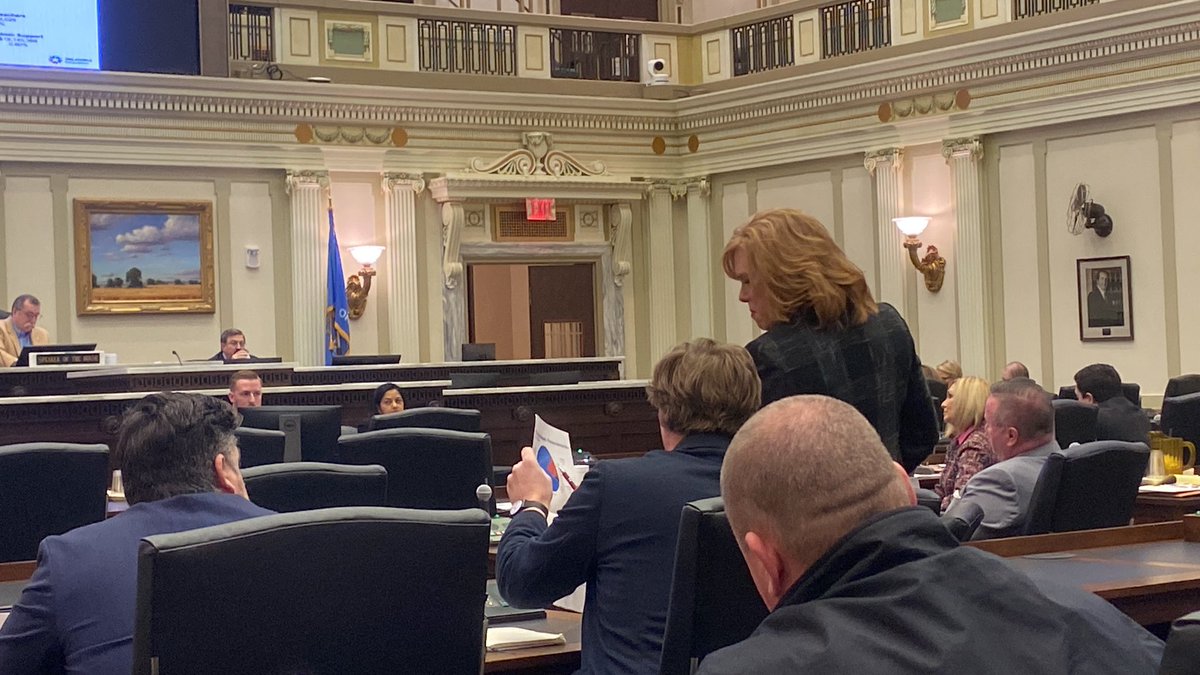
Rep. Baker presses him. He responds with more rhetorical questions and expresses a desire to “have a conversation.” He uses the phrase “think outside the box.” Rep. Baker has been working on reading issues for many years. /15 
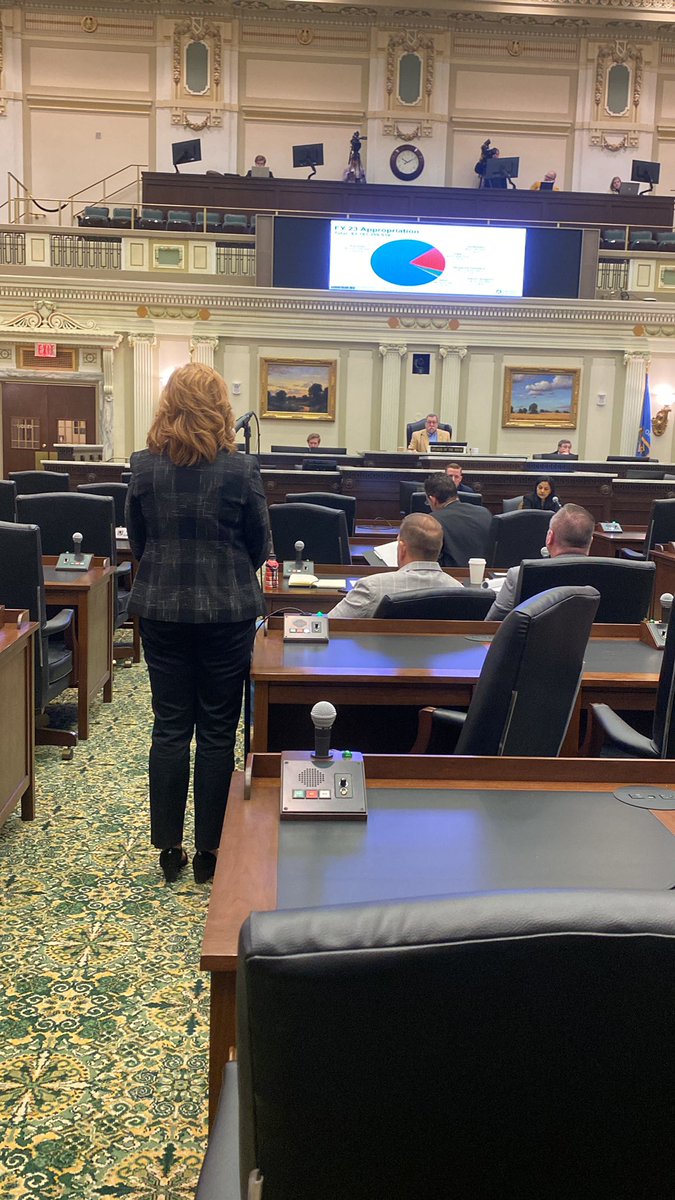
Chairman McBride gets a ruling: the State Board, not the Superintendent, can amend the budget. The question was resolved in 5 minutes. /16 
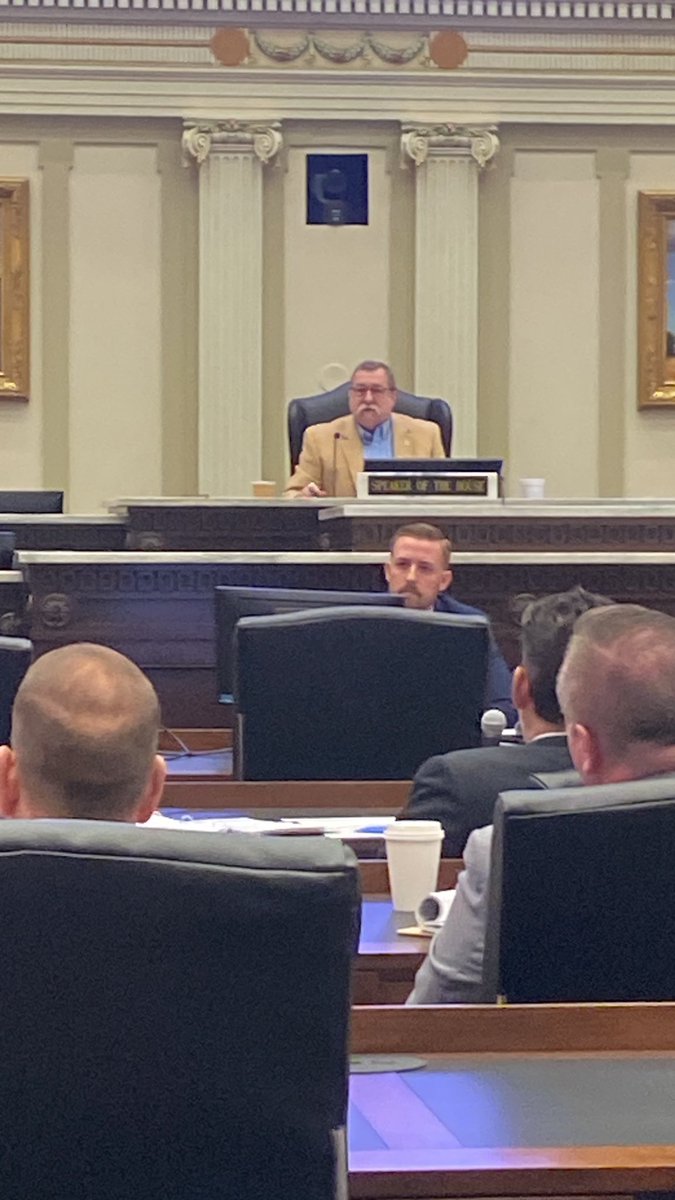
Rep. Caldwell asks about the Reading Sufficiency Act. The Superintendent replies that every teacher needs to be trained to teach literacy “the right way.” It leads me to my question, about efforts to secure the teacher work force. /17 
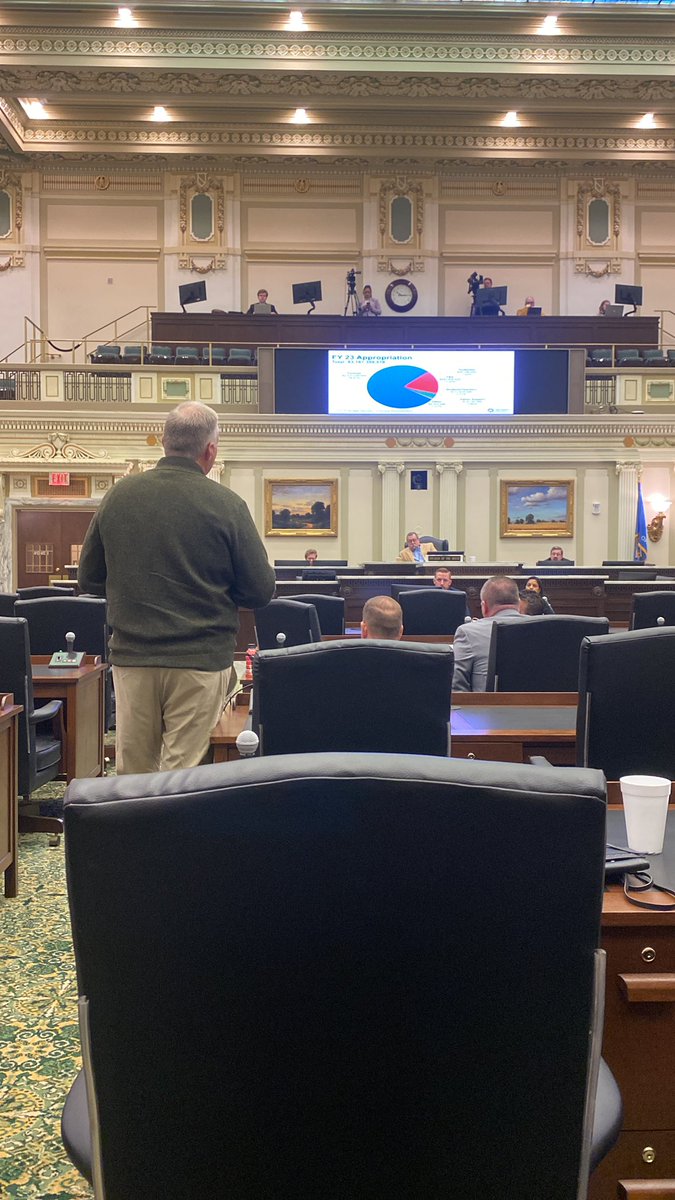
Rep. Hasenbeck, who notes that she has worked with Ryan Walters a long time, asks “what would you say to teachers to keep them in the classroom?” He replies positively at first, and then states that teachers have not been trained on the science of reading. /18 
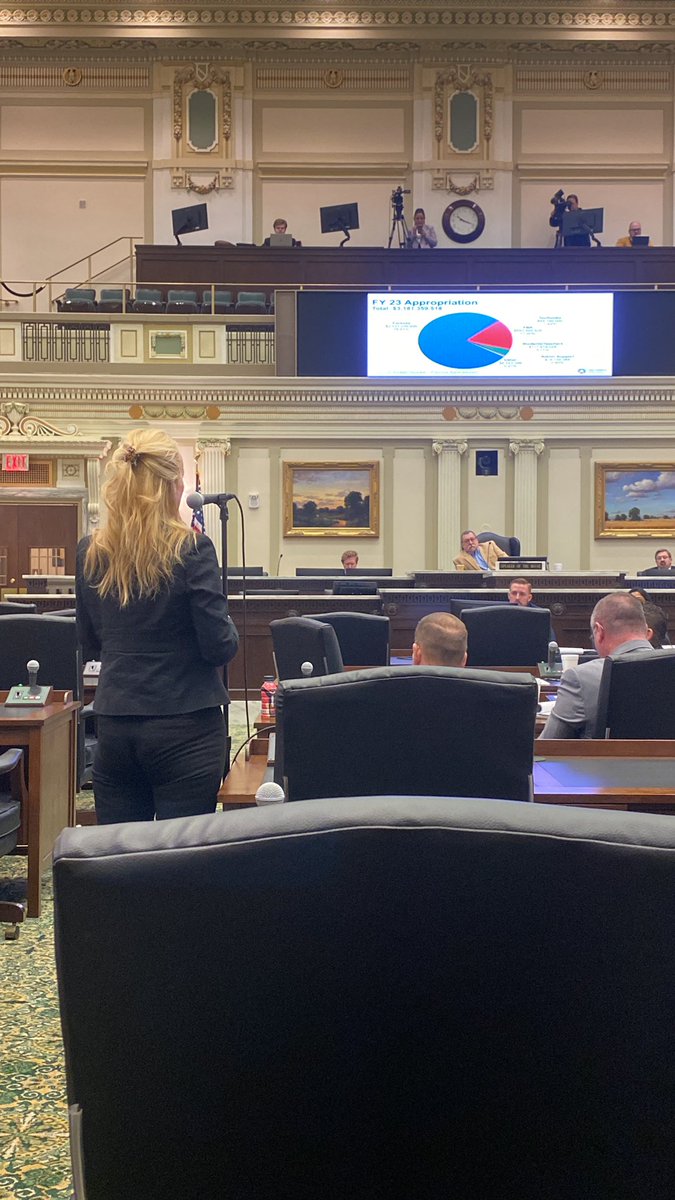
Rep. Hasenbeck presses on the point of site-based leadership, trying to get the Superintendent back to the question. “What plans do you have for site leaders and building leaders?” /19
He replies by referencing teachers who complain about a lack of discipline. He calls for better trainings provided by the Department of Education. Then he pivots to school culture. I’m not sure he answered the question that was asked. /20 
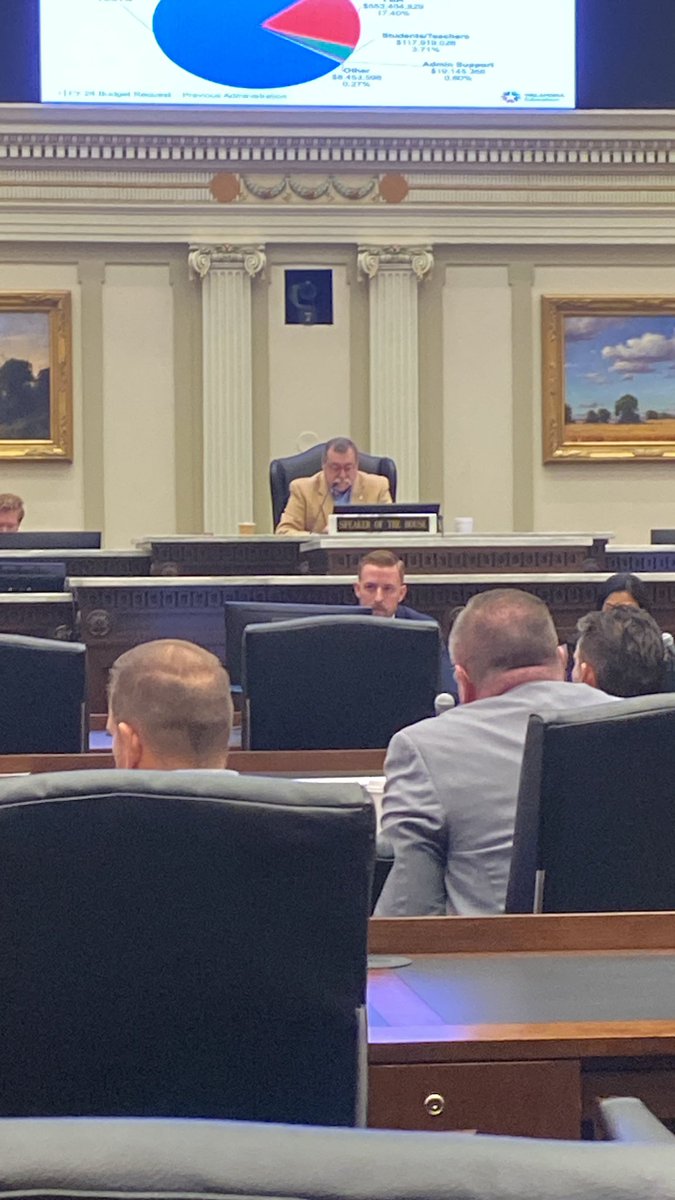
She cuts to the chase: “you are a classroom teacher… how are we to assure our teachers?” Chairman McBride cuts her off. It’s a good question, but seems political. She pivots: “can you assure districts they won’t take a 10% cut?” He goes back to talking about indoctrination. /21 
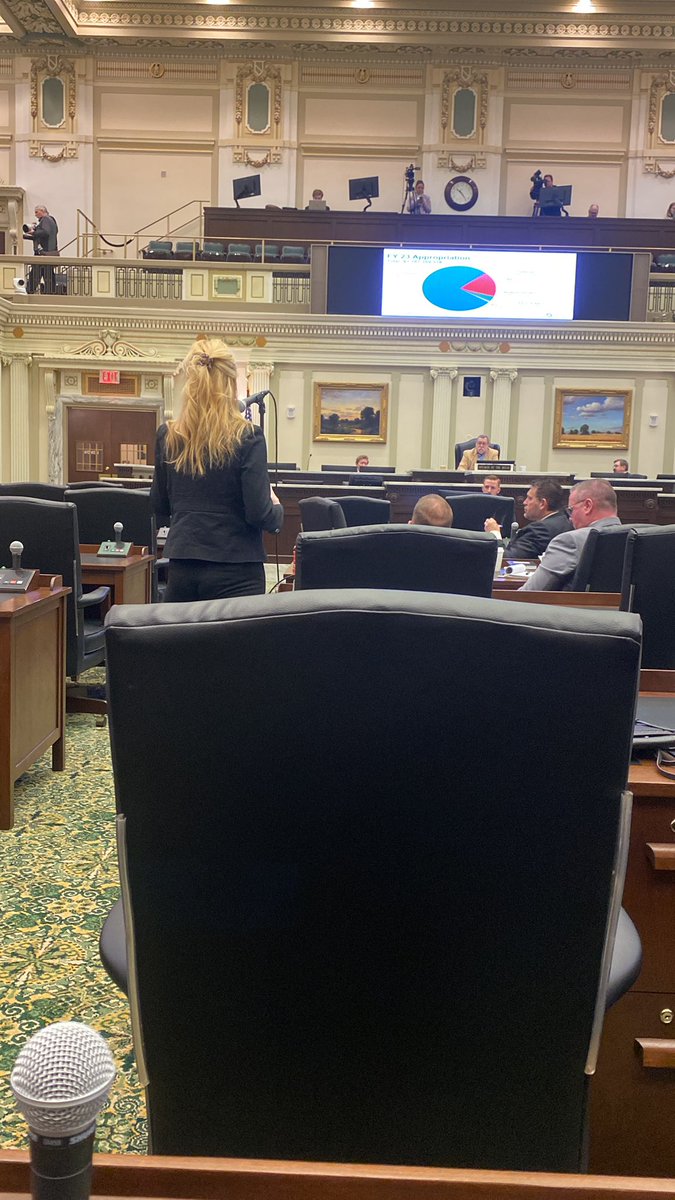
I’m not sure how he got there. When challenged, he seems to fall back on a few rhetorical points. In truth it’s hard to avoid politics when he ran such an inflammatory campaign, and when he presents so few specifics to us today. /22
Rep. Blancett asks for a “top-line overview” of the differences he plans to make in the previous budget, and an explanation of why changes are necessary. He doubles down on a “bigger, bolder approach to reading.” He also calls for merit-based pay for teachers. /23 
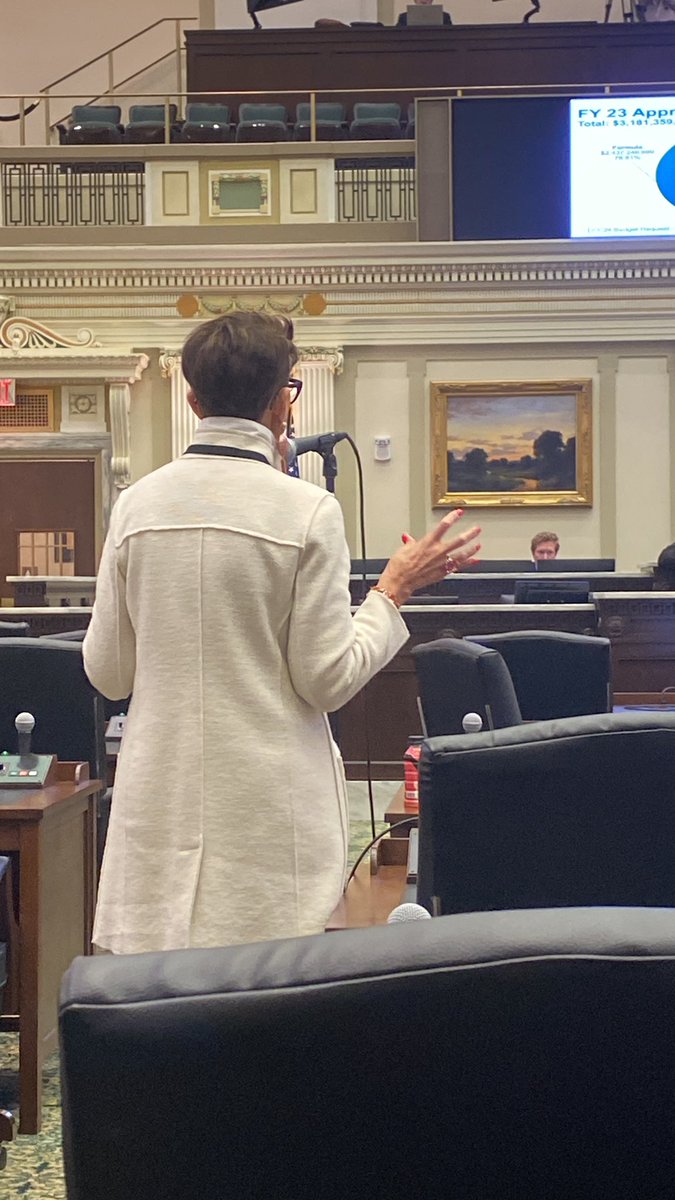
As we have a state salary schedule modified by districts, I’m not clear how merit pay figures into the osde budget.
Start governing, pardon.
• • •
Missing some Tweet in this thread? You can try to
force a refresh

